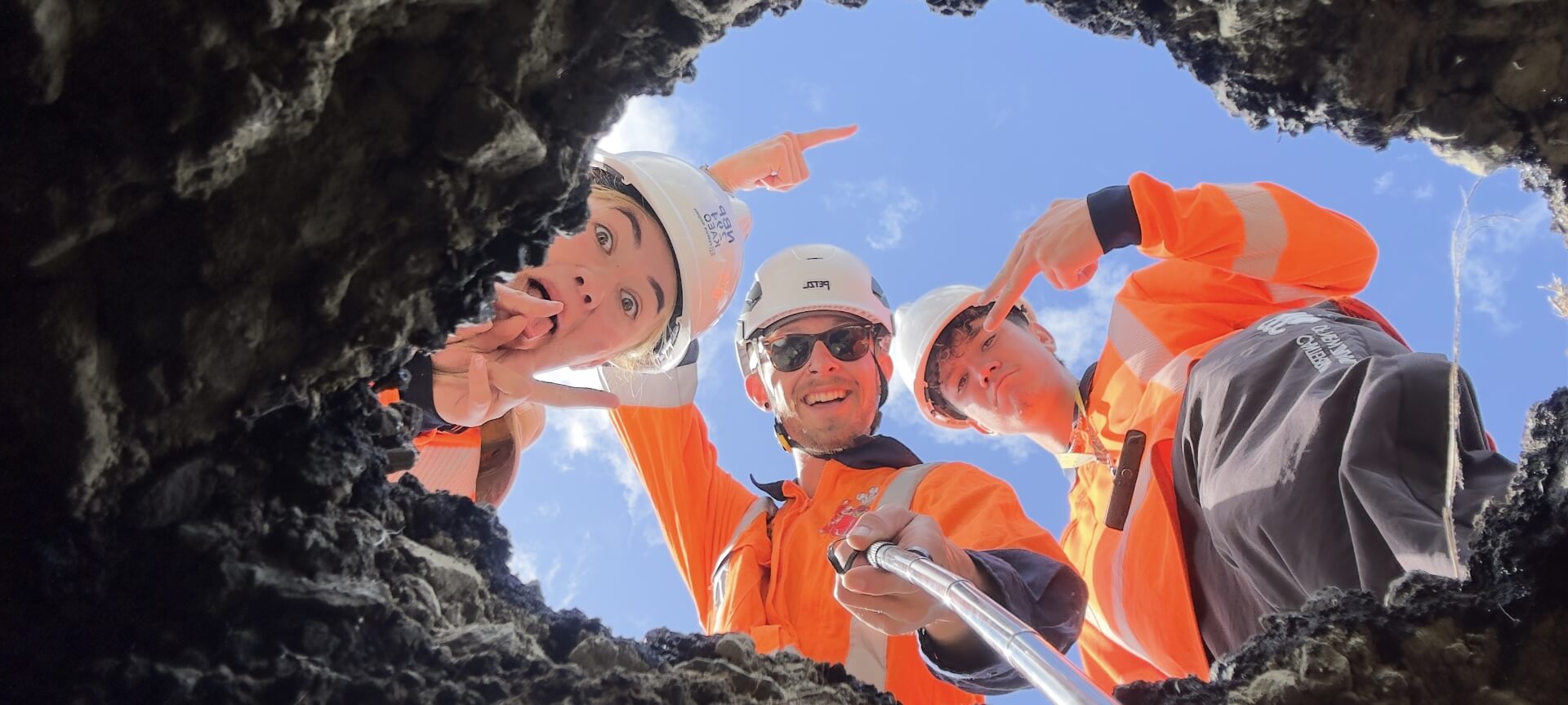Digging into the ground can be risky. Buried utilities like power lines, gas pipes, and communication cables pose a significant threat to construction projects and everyday activities. That’s where cable locators come in. These handy devices help pinpoint the exact location of underground utilities, preventing accidental damage and ensuring safety.
But how do you choose the right cable locator for your project?
What Are Underground Cable Locators?
A underground cable locators is a device used to detect and locate underground cables and pipes. It emits a signal that interacts with the buried utility, allowing the operator to trace its path. The working principle of cable locators varies depending on the type. However, they all involve transmitting signals into the ground and detecting signals directly from the utility and location determination.
Types of Underground Cable Locators
Many cable location service providers use various cable locators. There are several types of cable locators, each with its strengths:
- Passive Locators: These devices detect the electromagnetic field generated by energized cables. They are commonly used for locating power lines and communication cables.
Active Locators: These locators transmit a signal picked up by the buried utility and then retransmitted to the surface. This method locates energized and deenergized cables, pipes, and other metallic utilities.
- Ground Penetrating Radar (GPR): GPR uses electromagnetic waves to create an image of the subsurface. This technology can detect a wide range of underground utilities, including plastic pipes and concrete structures.
Cable locators play a critical role in preventing costly accidents and ensuring the smooth operation of our modern infrastructure.
Want Reliable Underground Cable Location Services? Contact Us!
Safetrak Northland is New Zealand’s reliable contractor for all types of industrial work, including cable location services. Contact us today and learn more about our services and how we can help you.

